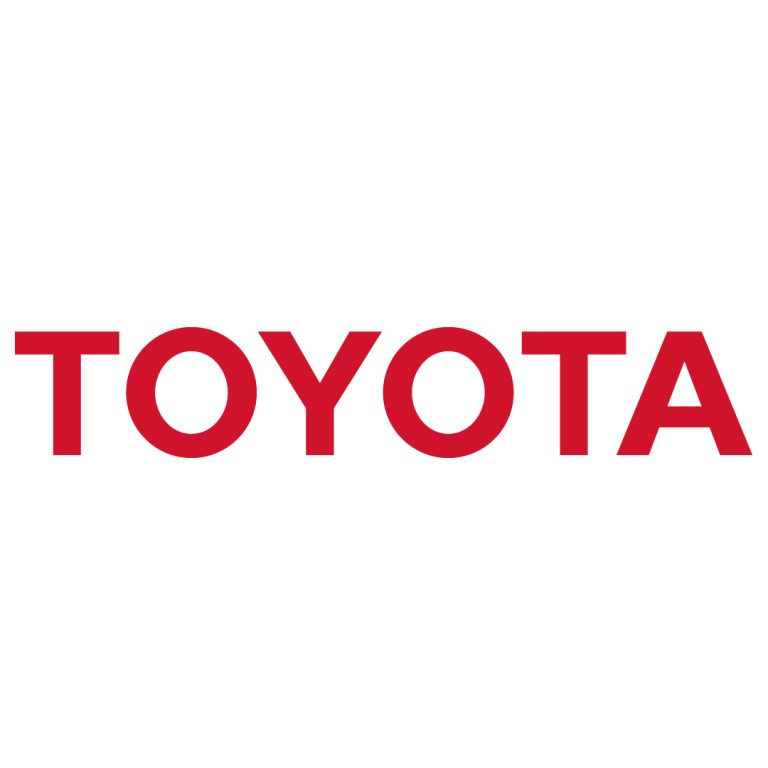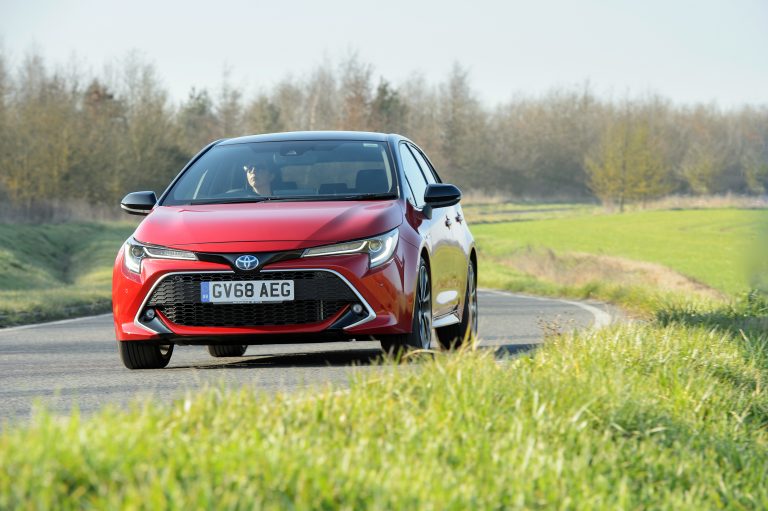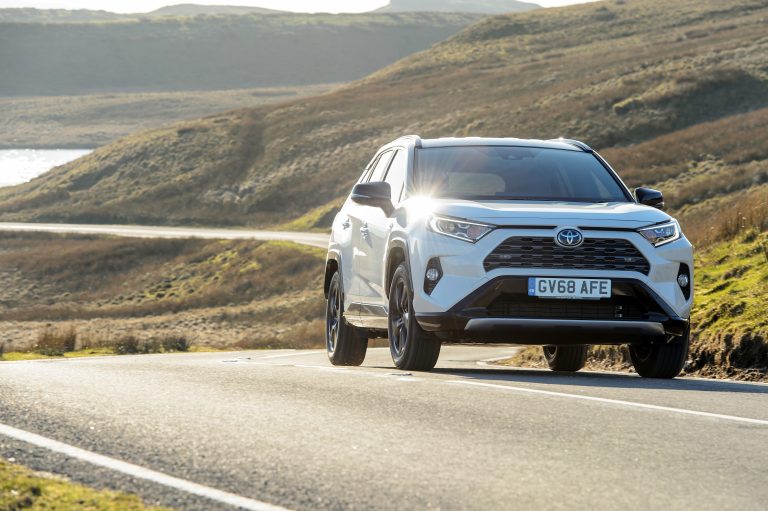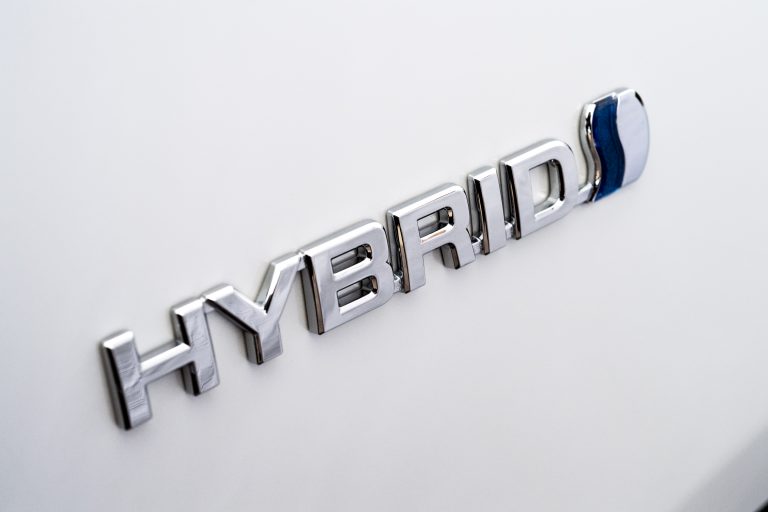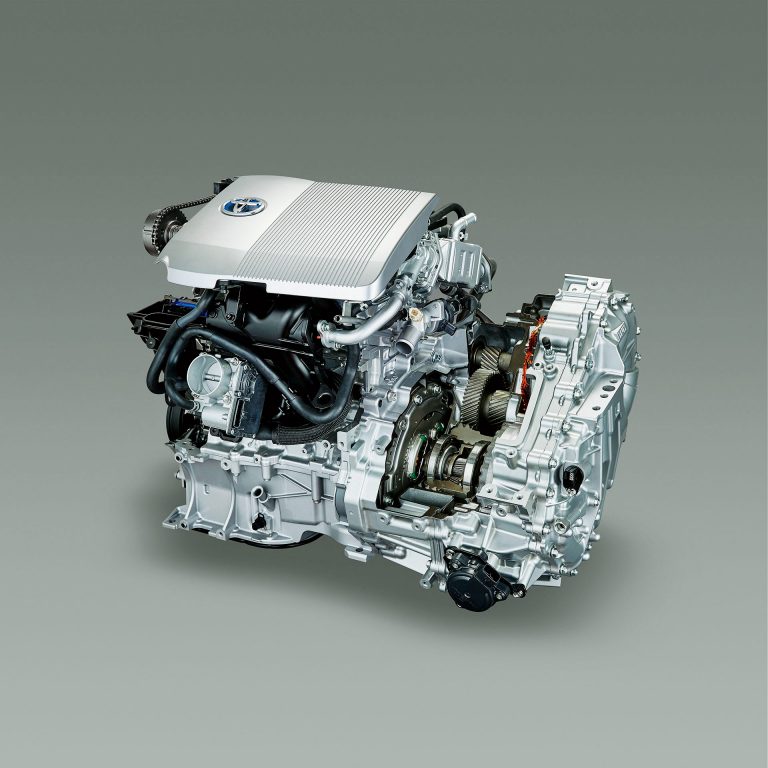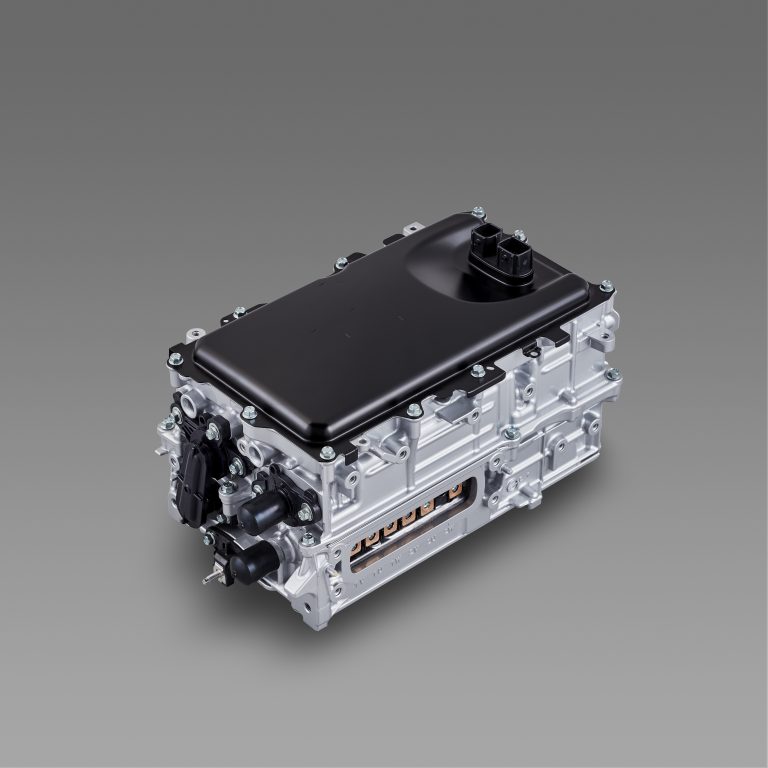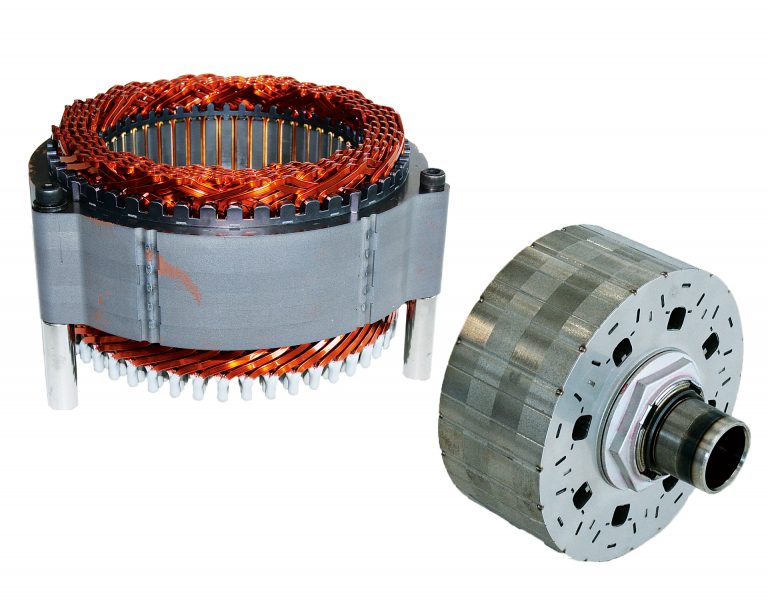Toyota Boosts Global Vehicle Electrification with the Release of Thousands of Royalty-Free Technical Licences
- Access to patents awarded during more than 20 years of Toyota hybrid electric vehicle development
- Toyota to provide technical support to help manufacturers that purchase its vehicle electrification system components achieve their performance goals
- Opportunity to promote further global growth of electrified vehicles
Toyota has announced two new measures to help vehicle manufacturers address the demands of time, money and resources needed to help develop sustainable mobility and combat rising emissions.
First, it will grant royalty-free licences on almost 24,000 patents it holds (including some pending applications) for technologies relating to vehicle electrification. Second, it will provide fee-based technical support to other manufacturers developing and selling electrified vehicles when they use Toyota motors, batteries, power and electrical control units and other system technologies in their powertrains.
By doing this, Toyota seeks to promote the widespread use of electrified vehicles, and so help governments, vehicle manufacturers and society at large meet their goals in addressing the challenge of climate change.
“Based on the high volume of enquiries we receive about our vehicle electrification systems from companies that recognise a need to popularise hybrid and other electrified vehicle technologies, we believe that now is the time for co-operation,” said Shigeki Terashi, Toyota Motor Corporation Board Member and Executive Vice President. “If the number of electrified vehicles accelerates significantly in the next 10 years they will become standard; we hope to play a role in supporting that process.”
The royalty-free patents are for advanced technologies found in electrified vehicles, particularly hybrid electric vehicles that have helped Toyota realise enhanced performance, reduced size and cost reductions. More specifically, they are for parts and systems, such as electric motors, power control units (PCUs) and system controls. These are core technologies that can be applied to the development of various types of electrified vehicles, including hybrid electric vehicles (HEVs), plug-in hybrid electric vehicles (PHEVs) and fuel cell electric vehicles (FCEVs).
In all, Toyota will offer approximately 23,740 patents awarded during more than 20 years of electrified vehicle technology development. The grant period starts immediately and will last through to the end of 2030. Contracts for the grants may be obtained by contacting Toyota and discussing specific licensing terms and conditions.
Toyota has been offering 5,680 patents related to its fuel cell electric vehicles since January 2015. Now it is adding approximately 2,590 patents related to electric motors, 2,020 related to PCUs, 7,550 related to system controls, 1,320 engine transaxle patents, 2,200 charger patents and 2,380 fuel cell patents (bringing the total of fuel cell-related patents to 8,060).
Where the fee-based technical support is concerned, Toyota will offer specifics including overviews of vehicle electrification systems, control guides and detailed explanations of tuning guides, for vehicles using its systems.
The guidance Toyota will provide will include, for example, helping other car-makers to achieve high levels of vehicle performance in terms of fuel efficiency, power output and quietness, appropriate for the vehicles they are working to develop. The services will be contract based; Toyota will provide more details to interested parties.
By offering royalty-free patents and technical support, Toyota sees an opportunity to encourage the development and market introduction of electrified vehicles around the world. It has long considered this to be a top priority management issue, based on its strong belief that environmentally conscious vehicles can only contribute to the fight against climate change if they come into widespread use, reducing CO2 emissions.
In 2015, Toyota identified targets to reduce its own emissions and established the Toyota Environmental Challenge 2050, a set of long-term action targets for sustainability, aimed at cutting CO2 emissions from its vehicles and plants. In 2017 it announced a sales plan for the proliferation of electrified vehicles, covering the period up to the end of 2030.
ENDS

